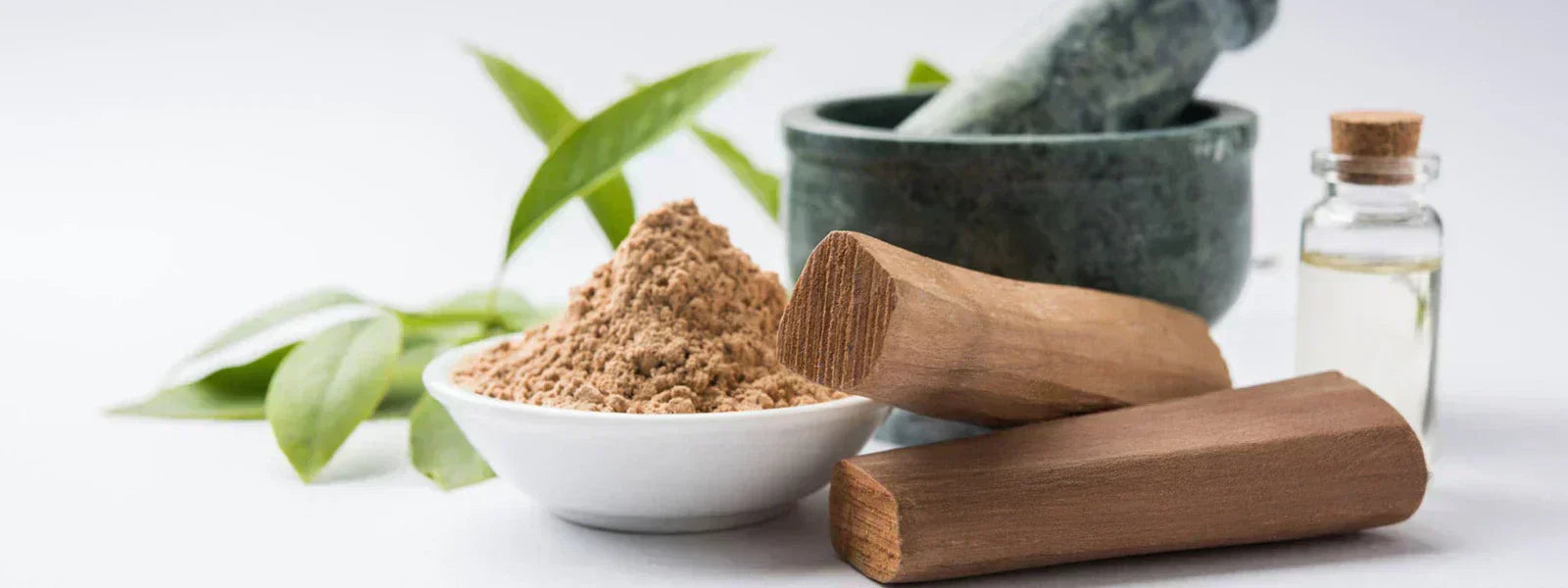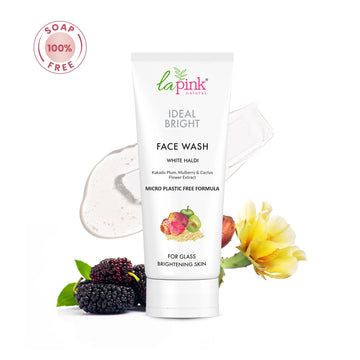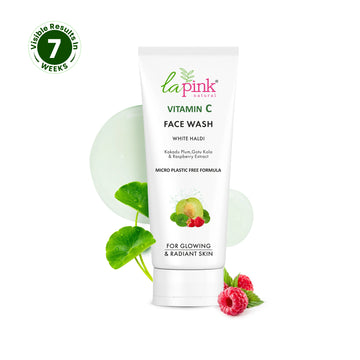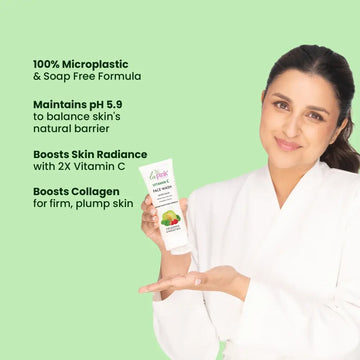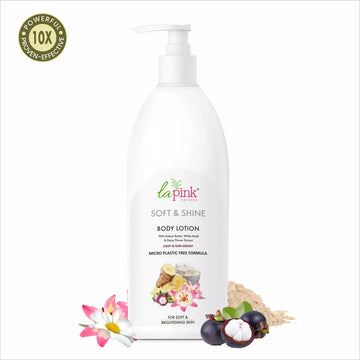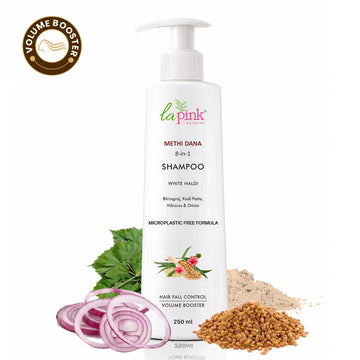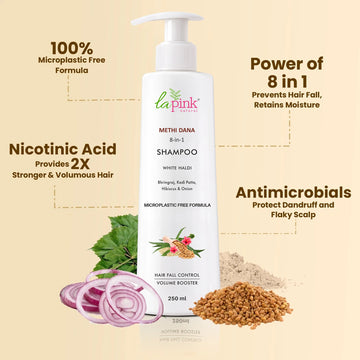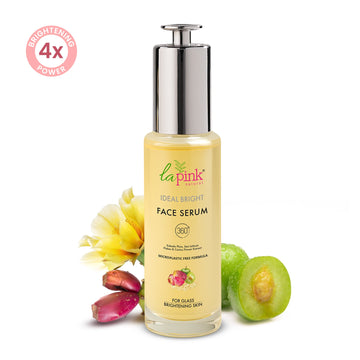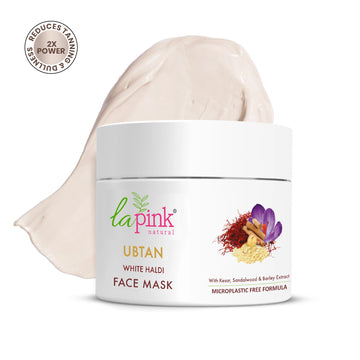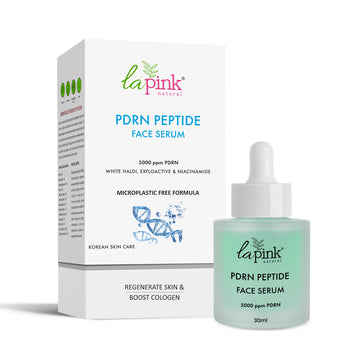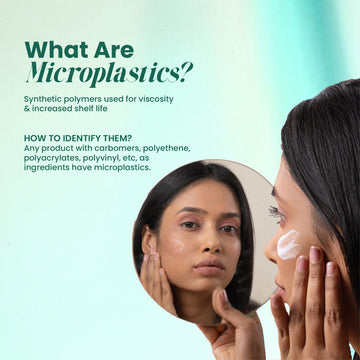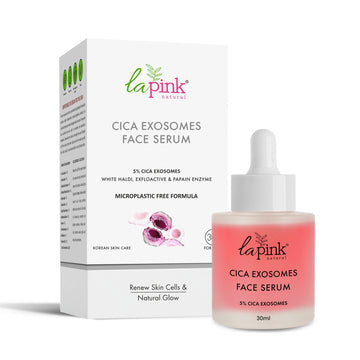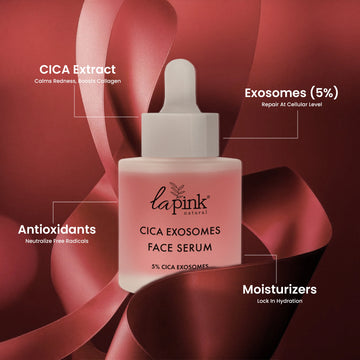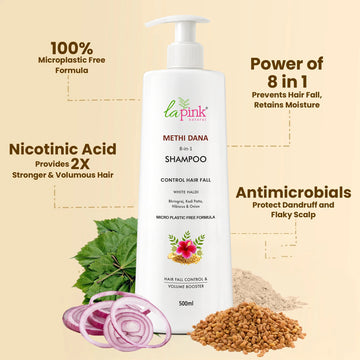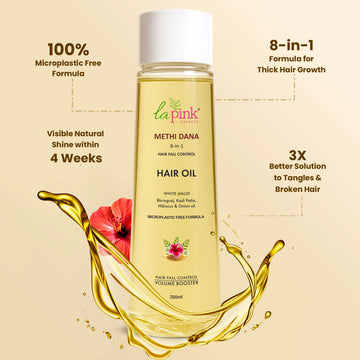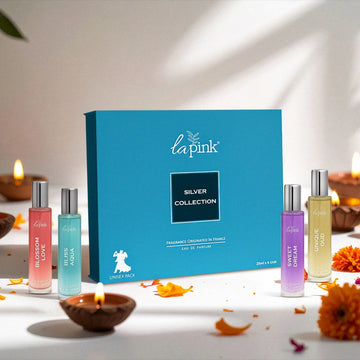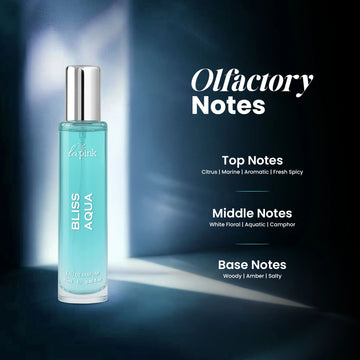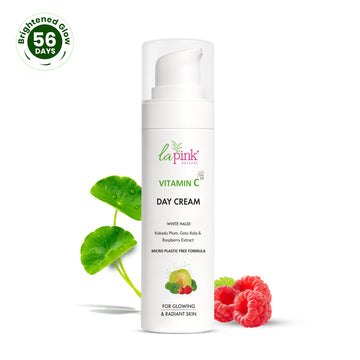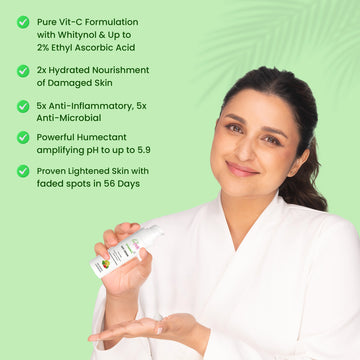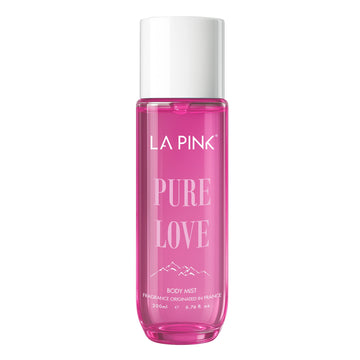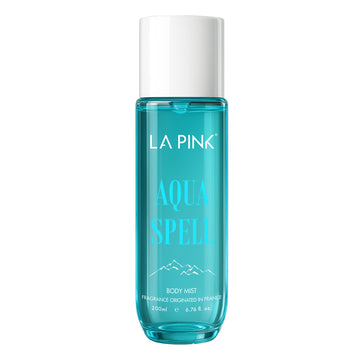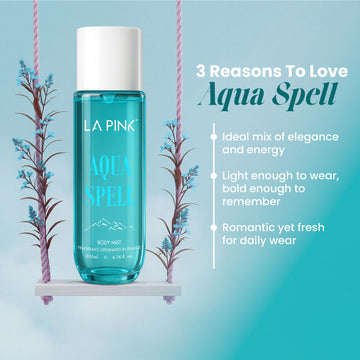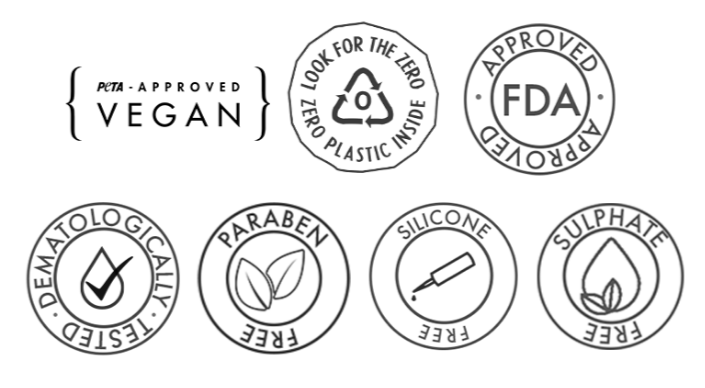Table of Contents
What Do These Terms Actually Mean?
Benefits of White Haldi in Face Washes
Top Face Washes: Comparison Table
Introduction
You walk into a store or scroll online and are bombarded with options: natural, herbal, ayurvedic. But what do these actually mean? And which one is best for your skin type? Choosing the wrong face wash can lead to dullness, breakouts or even excess oil. That’s why it’s crucial to understand the difference and choose a product that suits your skin goals, especially if bright, healthy skin is what you're after.
What Do These Terms Actually Mean?
Before getting into which face wash is best for your skin, you should understand what these terms mean.
Natural Face Wash
Face washes that are formulated out of ingredients found in nature are natural face washes. It could be fruits, flowers and minerals. These are minimally processed. Many of these do not contain harmful chemicals, parabens and sulfates. These face washes work well on sensitive and dry skin.
Herbal Face Wash
Herbal face washes are packed with plant-based extracts like neem, tulsi or aloe vera. They focus on addressing targeted skin concerns like acne or inflammation. These face washes sit well with people who have acne-prone or irritated skin.
Ayurvedic Face Wash
For those who are after holistic skincare and want to absorb all the goodness that comes from ayurvedic principles, Ayurvedic face washes are suitable. Think of ingredients like turmeric, sandalwood and manjistha. These aim to balance your doshas; Vata, Pitta and Kapha.

Benefits of White Haldi in Face Washes
White Haldi is a lesser-known cousin of turmeric (yellow haldi). It has started to come out as a hero ingredient especially in brightening skincare products. White haldi helps with skin brightening by fading dark spots and even out skin tone. It’s anti-inflammatory properties help calm redness and skin irritation. It also helps fight acne-causing bacteria and of course, doesn’t leave a stain like yellow haldi. A white haldi face wash is an amazing natural ingredient to get bright skin and is optimal for daily use.
Top Face Washes: Comparison Table
| Product Name | Key Ingredients | Skin Type | Price | Microplastic-Free |
|---|---|---|---|---|
| La Pink Ideal Bright | White Haldi, Kakadu Plum | All Skin Types | ₹325 | Yes |
| Saffron and Papaya Glow Bright Face Wash by Plum | Saffron, Papaya, Vitamin B5 | All Skin Types | ₹224 | No |
| Joy Skin Fruits Brightening Face Wash | Lemon, Glycerin | All Skin Types | ₹230 | No |
| Brillare Skin Brightening Face Wash for Reducing Pigmentation | Caviar Lime, Papaya, Guava | All Skin Types | ₹395 | No |
Looking for a natural brightening face wash? La Pink with White Haldi offers skin clarity without harsh chemicals or microplastics.
Why We Recommend La Pink White Haldi Face Wash
La Pink's Ideal Bright is more than a cleanser, it's a daily glow ritual designed for Indian skin.
What Makes It Special:
- White Haldi and Kakadu Plum: Dual-action formula that brightens and calms skin
- No sulfates or microplastics: Free from sulfates, parabens and microplastics
- Refreshing texture: Lightweight gel with a mild, pleasant fragrance
Unlike harsh foaming face washes, this one gently lifts dirt while maintaining your skin's natural barrier.

Usage Guide
To use White Haldi face wash by La Pink, follow this guide:
Steps to Follow:
- Dampen your face with lukewarm water
- Take a small amount on your fingers and lather gently
- Massage in circular motions, especially on your pigmented areas
- Rinse thoroughly and pat dry with a soft towel
- Follow up with SPF in the morning, or a hydrating serum at night
Pair with a mild exfoliant and use it twice a week. Pair it with a Vitamin C serum for faster brightening results.
What to Avoid in Face Washes
Not all natural or herbal labels are trustworthy. Here’s what you don’t want in your face wash:
- SLS and SLES: Drying agents that strip your skin’s natural oils
- Artificial colors and fragrance: May cause allergies or breakouts
- Microplastics: Irritate skin and block skincare penetration
FAQs
-
What’s the difference between herbal and Ayurvedic face wash?
Herbal uses plant extracts; Ayurvedic follows traditional formulations to balance skin doshas. -
Is white haldi safe for daily use?
Yes! It’s gentle, non-staining, and safe even for sensitive skin. -
Will white haldi stain my skin?
No. That’s what sets it apart from yellow haldi. -
Can I use a natural face wash on oily skin?
Yes, but look for ingredients like white haldi or tea tree that also control sebum. -
Are Ayurvedic face washes better than natural ones?
Depends on your skin concerns. Ayurvedic ones are great for pigmentation and balance. -
What skin type benefits most from white haldi?
All types, especially dull, pigmented, and combination skin. -
Is La Pink Ideal Bright good for acne-prone skin?
Yes, thanks to anti-inflammatory white haldi and antioxidant-rich Kakadu Plum. -
What makes a face wash truly natural?
It should have naturally-derived ingredients with minimal chemical processing. -
How long before I see results with white haldi?
Within 2-4 weeks of consistent use. -
Can men use white haldi face wash too?
Absolutely! Skincare isn’t gender-specific.
Conclusion
Choosing between natural, herbal, and Ayurvedic face wash doesn’t have to be confusing. The key lies in knowing your skin and your ingredients. If bright, even-toned skin is your goal, a White Haldi face wash like La Pink Ideal Bright can be your go-to.


